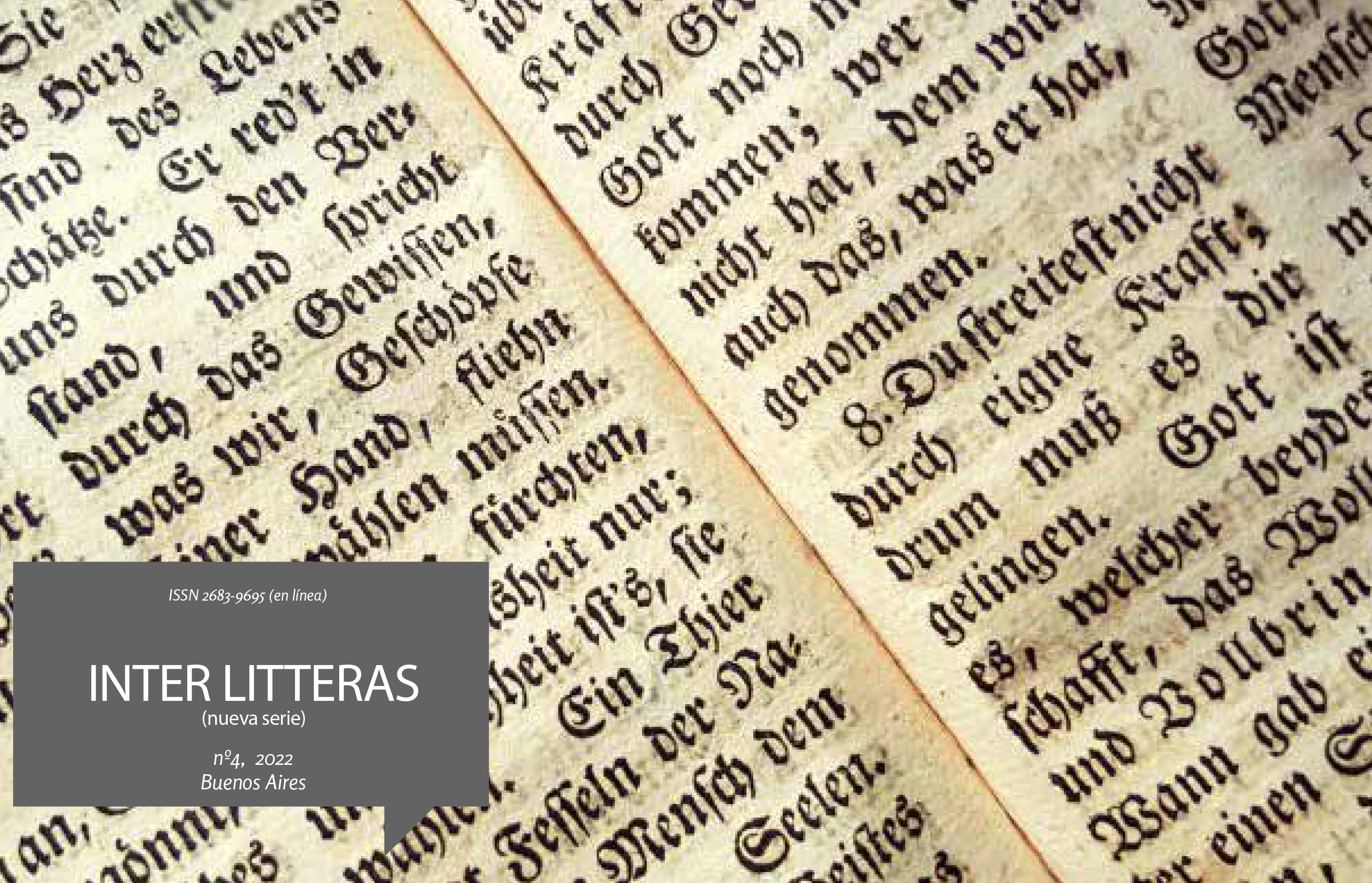La ficción del futuro en Paris au XX e siècle de Jules Verne
Abstract
In “The fiction of the future in Jules Verne’s Paris au XX e siècle” Jerónimo Ledesma and Carolina Ramallo propose five lines of enquiry for this source on the question of how 19th-century literature thought and imagined its future. First, they describe and analyse the fact that the manuscript of this posthumous novel is located at a turning point in the Second Empire, the modern literary institution and Verne's professional career. Secondly, it looks at the way in which the novel imagines itself in another position in the literary field than its strict contemporary Cinq semaines en ballon in accordance with its self-reflexive and strongly metaliterary character and the experimental use of the genres novel of apprenticeship, industrial novel and temporal utopia. Thirdly, the article explores the two different but articulated perspectives of historical time present in the novel: the homogeneous and empty time of progress -which makes possible both the moral dystopia of institutions and technological utopia- and the dislocated time of subjective experience, which explores the question of action in its present. Next, the way in which the fiction of the future functions as a critical index of the tendencies of the nineteenth-century social order, an archive of past futures of industrial capitalism, is reviewed and analysed. Finally, Ledesma and Ramallo point out that the representation of the future decadence of the humanities relates to the ongoing tensions between humanist practices and modern capitalist development and open up the possibility of thinking post-Romantic literature itself as a technology of interrogation and transformation of social reality.Downloads
Download data is not yet available.
Published
2022-08-23
How to Cite
Ledesma, J., & Ramallo, C. (2022). La ficción del futuro en Paris au XX e siècle de Jules Verne. Inter Litteras, (4). https://doi.org/10.34096/interlitteras.n4.11724
Issue
Section
Futuros Pasados en la literatura del s. XIX: del Romanticismo al fin de siècle










